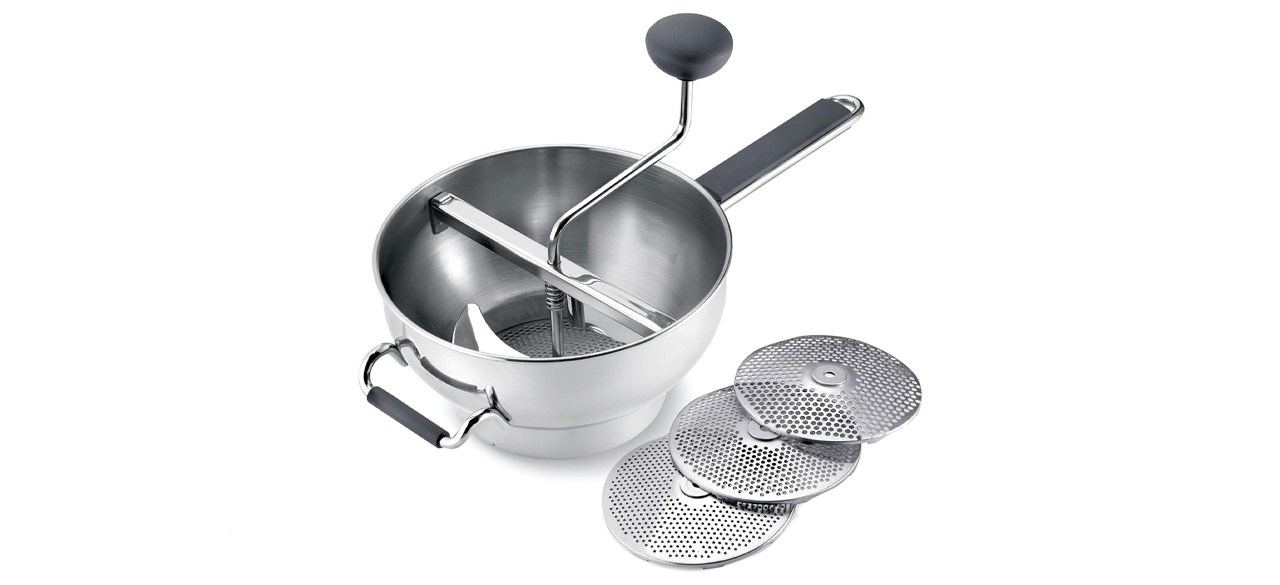Guidelines for Planning a Wedding Amid New Tariffs and Their Impact on Costs
Weddings in the United States have increasingly become entangled with international trade dynamics, particularly as new tariffs imposed by the government have affected a wide range of imported goods essential for weddings. Vendors and engaged couples now face heightened prices and supply chain uncertainties following President Trump’s aggressive trade policies, which have resulted in tariffs on imports from numerous countries known for providing items such as wedding gowns, cut flowers, and decorative materials.
The new tariff landscape has prompted wedding professionals to advise couples to explore alternative sourcing options while navigating these financial challenges. With many vendors grappling with the implications of increased costs, potential strategies for couples planning their nuptials are essential to ensure both affordability and quality.
One recommended tactic is to prioritize local procurement. Couples can opt to buy from vendors based in countries that are not subject to tariffs, engage in the second-hand market, or seek out suppliers who commit to absorbing the tariff costs rather than transferring them to consumers. This approach is intended to help mitigate the impact of the tariff situation, which has made it difficult to assess fair pricing due to a lack of transparency in marking up goods. For those purchasing items online, thorough research into consumer reviews is essential, and for those shopping locally, careful evaluation of the materials and products can lead to informed decisions.
Experts also highlight the importance of utilizing existing inventory rather than placing custom orders, particularly for rental items like tables, chairs, and linens. With ongoing fluctuations in pricing, vendors recommend working with what they already have available, which can stabilize costs and ensure timely delivery.
In addition to considering purchasing tactics, couples are encouraged to pay careful attention to contracts. Wedding vendors suggest including flexible clauses that allow for substitutions should prices change significantly as the wedding date approaches.
For those planning destination weddings, strategies like packing supplies instead of shipping them can help avoid unexpected costs associated with tariffs on imported items. Moreover, floristry professionals emphasize the value of seeking out florists whose business models can withstand fluctuating pricing, ensuring quality without passing excessive costs onto clients.
As couples navigate the complexities of planning their weddings in the current tariff climate, understanding market dynamics and being proactive in sourcing materials can prove crucial in creating a memorable and cost-effective celebration.
Media News Source







